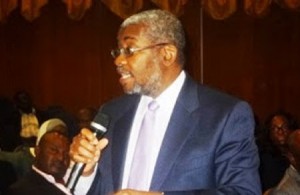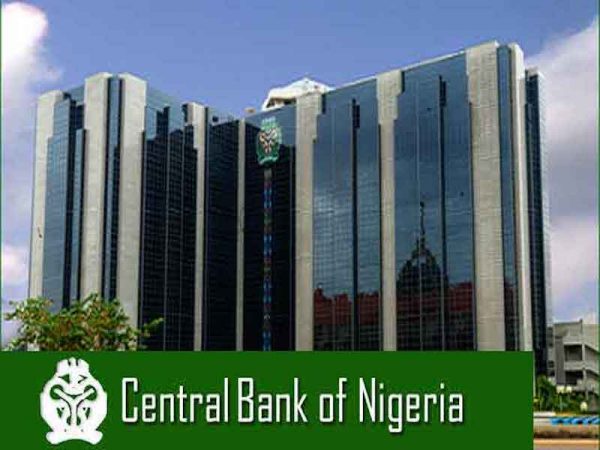Stakeholders seek expansion of local firms’ investment in stock market

Apparently irked by the dominance of foreign investors in the nation’s capital market, stakeholders, last week, stressed the need for expansion of local institutional investment capacity to attract more retail participation and spur activities in the primary market segment.
This, top the highlights of a one-day dialogue on ‘The Capital Market and 2015 Federal budget ‘, organized by the leaders of the Chartered Institute of stockbrokers (CIS), Association of stockbroking Houses of Nigeria (ASHON) and Association of Issuing Houses of Nigeria (AIHN) in Lagos last week.
Indeed, they attributed the current depressed state of the market to sell down by foreign investors who account for about 59 per cent of market transactions in 2014, up from 14.8 per cent figure witnessed in 2007.
Specifically, the Chairman, NASD OTC Plc, Tola Mobolurin explained that if local institutions are expanded, they would generate savings within the country, there by substituting foreign capacity.
According to him, it is desirable for government to seek how to moderate the destabilising influence of foreign portfolio investors in the Nigerian capital market by boosting increased domestic participation in the market.
“We must generate savings within the country to supplement the foreign investment. We cannot depend on foreign investment if we want to salvage this country. We need to expand local institutional investment capacity and to achieve this; pension fund administrators (PFAs) must play a larger role to do this.
“They must participate actively in the formation of the capital market. They should buy mature bonds and tested companies. 20 per cent of all pension funds must be invested in equities. If we want PENCOM to serve for long-term, they must put more money in the stock market because when you put money in the bank, the value does not increase.”
He pointed out that local private equities and venture capital should be promoted through tax incentives, as well as creating globally competitive tax code that would give special considerations to tax laws in order to attract more listings in the market.
“We must remove discriminatory tax against insurance industries. We must end some discriminatory tax regime. We should have tax code that is neutral and encouraged everybody in the same way.”
The President, CIS, Albert Okumagba stressed the need Federal Government to promote the culture of national savings through appropriate incentives.
“For instance, we suggest a policy where the interest on the first one million Naira of savings is tax free. Through that, investors are incentivized to put their funds in savings account. Another approach to national savings is the review of the privatization programme of the Federal Government and the divestment of its holdings in the privatized companies in order to mobilize funds and encourage the private sector operators to develop the economy while the government provides an enabling environment.
He explained that government should consider the divestment of at least 20% holdings in the power companies to the Nigerian investing public as preparatory for listing the shares on a stock exchange.
“In addition, in order to solve the perennial housing problem, more Real Estate Investment Trusts (REITs) should be created as a matter of urgency to boost investment in the real estate sector.”
Speaking on the effect of the interest rate on the market, the President of AIHN, Victor Ogiemwonyi said: “We believe that devaluation of the Naira has potential to prevent round-tripping and protect local industries among others. However, it appears that the CBN is currently over-protecting the naira value and thus making it artificial while also depleting the nation’s foreign reserve in defending the naira exchange rate.
“Since the value of the foreign reserve essentially determines the country’s capacity to borrow internationally and to support our international trade, the continuous hemorrhaging of the reserves is not in the best interest of the country.
“While keeping the managed float, we believe that the currency should be allowed a wider band, say up to N200/US$. The CBN may need to intervene if the new band is breached. We believe that at N200, it would become unattractive for speculators to engage in any profitable business that requires hard currency.” He added.







